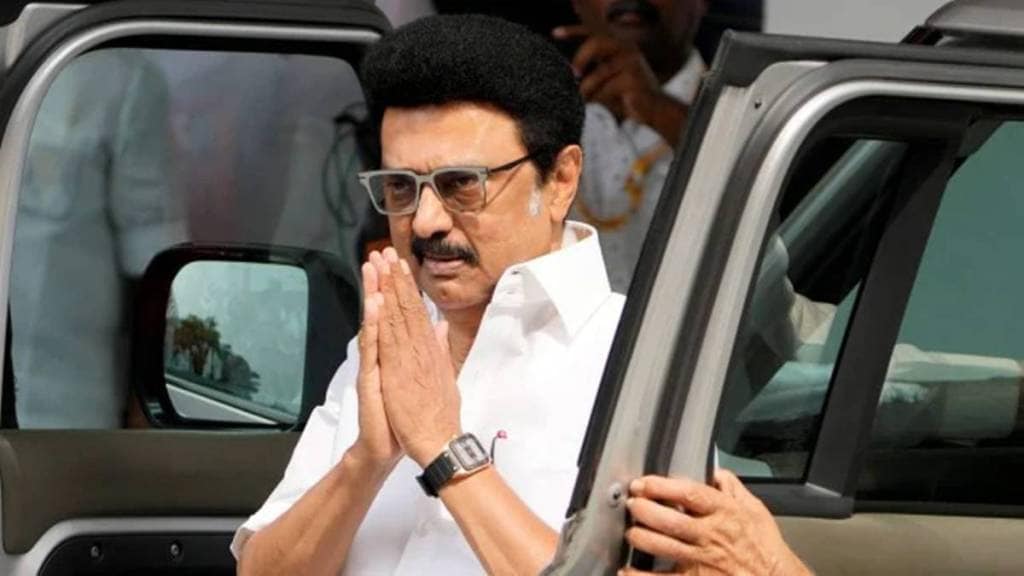Tamil Nadu Chief Minister MK Stalin has urged his counterparts in southern and eastern India to unite against the upcoming delimitation exercise, warning that it could significantly reduce political representation for states that have successfully controlled their populations. In a letter addressed to multiple Chief Ministers and former Chief Ministers, Stalin framed the Union government’s delimitation plans as a major threat to federalism. He strongly condemned the delimitation idea as a weapon to target states.
“The essence of India’s democracy rests on its federal character — a system that gives each State its rightful voice while honouring our sacred unity as one Nation,” Stalin wrote. “Today, I write with urgency as this balance faces a profound threat that could permanently diminish the influence of States like ours in shaping our nation’s future.”
What is delimitation?
Delimitation involves redefining the boundaries of parliamentary and state assembly constituencies to account for demographic changes. This process ensures that electoral representation aligns with population shifts and also determines the allocation of reserved seats for Scheduled Castes (SC) and Scheduled Tribes (ST).
Stalin’s concerns stem from the potential redistribution of parliamentary seats based on population growth. If delimitation is conducted post-2026, Tamil Nadu, which currently holds 39 Lok Sabha seats, could lose up to eight seats, while states with higher population growth, such as Uttar Pradesh and Bihar, could gain significantly. “The question is no longer if delimitation will happen, but when and whether it will honour the contributions of states that have advanced our national priorities,” Stalin’s letter read.
On March 5, the Tamil Nadu government convened an all-party meeting where political rivals, including the ruling DMK, opposition AIADMK, Congress, and the Left, united in opposing the delimitation. The Tamil Nadu BJP, however, boycotted the meeting, dismissing concerns as unfounded.
What are the implications of delimination?
Delimitation was frozen in 1976 through the 42nd Amendment and extended until after the first post-2026 Census via the 84th Amendment. With the 2021 Census delayed, Stalin warned that the process could be accelerated, leaving little time to safeguard states’ interests. “With the 2021 Census delayed, the delimitation exercise — originally expected after the 2031 Census — could now take place much earlier than anticipated. This acceleration gives us very little time to protect our interests,” he wrote.
The Tamil Nadu CM emphasised that although they do not oppose delimitation in principle, he strongly condemned “its weaponisation against states that fulfilled their national duties, thus punishing progress.”
Stalin outlined two possible outcomes: either redistributing the current 543 Lok Sabha seats or increasing the total seats to over 800. Under both scenarios, Tamil Nadu and other population-controlled states would lose out if the allocation is purely population-based. “This will suppress Tamil Nadu’s voice in the national political arena,” Stalin said. “Such an approach would punish Tamil Nadu for successfully implementing population control measures and contributing significantly to national development.”
Stalin has proposed forming a Joint Action Committee (JAC) with Kerala, Andhra Pradesh, Telangana, Karnataka, West Bengal, Odisha, and Punjab to coordinate opposition. He insists that states should not be penalised for effectively managing population growth and upholding national development goals.


